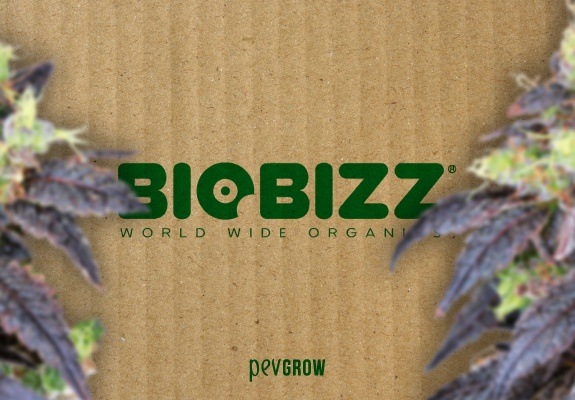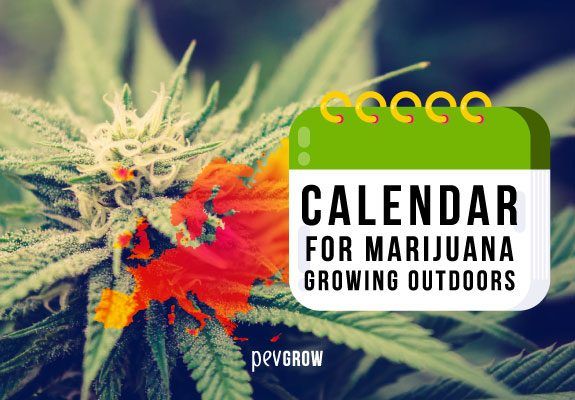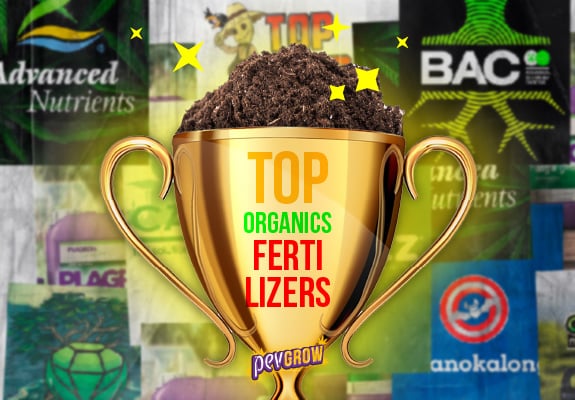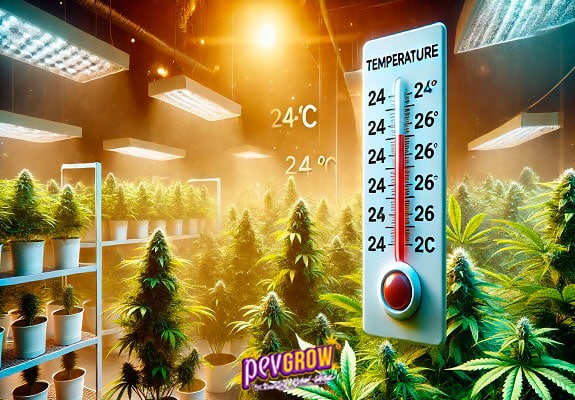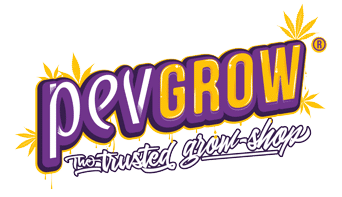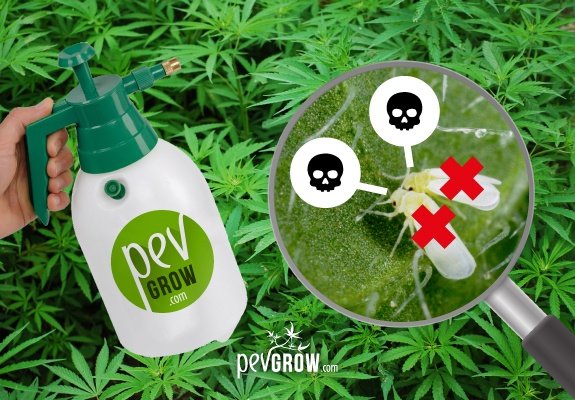

In constant struggle for the regulation of cannabis, mainly in the medicinal field.
19-01-2018 11:00:45 - Updated: 19 January, 2018
Today we are going to tell you everything you should know about potassium soap, since, those annoying pests in our marijuana plants sometimes do not let us sleep; sometimes are small red spider or whitefly pests that are installed in our crop, being very difficult to eliminate or control, on the other hand, are aggressive pests that directly destroy everything and for which we can do nothing, not even with soft and natural respectful products with environment of common use in organic crops
Today we are going to talk about one of the most widespread products among cannabis growers for the control and treatment of thrips, whiteflies, slugs … etc … and even though it is a very widespread multipurpose product, it is true that sometimes it works better and sometimes worse, and also that we do not always use it well and sometimes we apply it for things for which it is not indicated. Today you are going to read some information that will be very useful when growing marijuana seeds outdoors, as this is the environment where plants are most exposed to all pathogens.
…Let’s begin!?
You may also be interested in:
What is potassium soap?
Potassium soap comes very well defined by its name, because it is a soap whose alkaline pH is significant and descriptor of this product.
Potassium soaps are generally made up of fatty acids in the form of potassium salts derived from the breakdown of ester glycerin plus medium chain fatty acids with potassium hydroxide. This provides as a byproduct glycerin, which is water soluble and acts both as a leaf wetting agent.
They are anti-pest products, generally of coleoptera and other insects, acting by contact and in a systemic way in the organism of the insect
How to make homemade and organic potassium soap for cannabis?
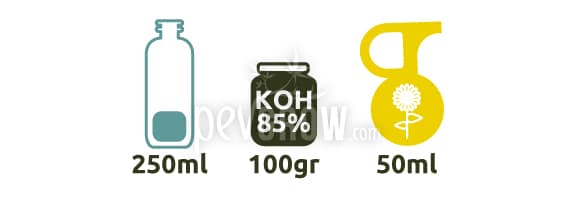
The products based on high quality potassium soap that you can find among the products of our Pevgrow website are a good option for your crop avoiding the work of its preparation, or we can make it ourselves mixing 250 ml of water per 100 grams of KOH (potassium hydroxide or potash) of 85% purity with 50 ml of sunflower oil.

Firstly, the pearls of potassium hydroxide are dissolved in the previously distilled water in a glass container, once dissolved we add the sunflower oil, drop by drop in a controled flow rate, stirring it constantly and continuously, that is when the saponification begins, i.e “transformation of a fatty trigliceride into soap”.
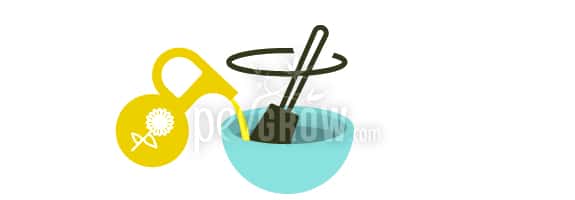
Put the whole mixture back in a water heating bath and continue stirring slowly. In about an hour we’ll get our potassium soap.
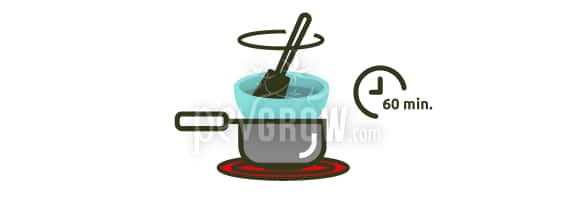
With this process we will have the soap ready, but for its correct use we must mix it using 20 grams of soap already solidified per liter of distilated water, we will have to shake it very well so that there is a mixture as homogeneous as possible, and we will have it ready to use.
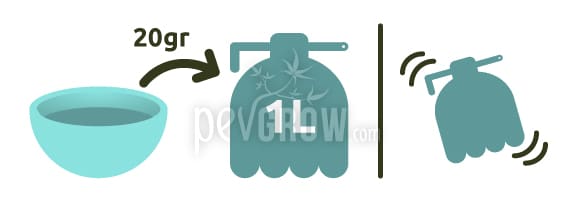
The potassium soap is an organic product that does not negatively affect our plants or other organisms that are not harmful to them, such as some insects used in biological pest control or even our bees used to produce cannabies honeybee. In no case is toxic to people, but be careful, it’s irritating by skin contact because is a highly alkaline product.
What is potassium soap for?
Potassium soap is a great anti-pest product, because its soapy action attacks the cell membranes of the external tissues of insects, affecting their external permeability and influencing their life cycle
On the other hand it is a great cleaning agent that we can use diluted in water for the cleaning of your plants, either to clean dirt in leaves, dust, etc…
Likewise, potassium soap predominates as a good wetting agent for other products, that is, thanks to being an element that facilitates the absorption of moisture (it acts as an absortion enhancer), when used together with other fertilizers, insecticides or fungicides in case of these are compatible with a pH above 10.
This makes it easier for the solution of the other products to be absorbed better, so that product we have used will be more effective in your plants.
We can use potassium soap at any time during the growth phase of our plants, even at the beginning of the transition to the flowering stage.
How is it applied?
As we have mentioned before the potassium soap facilitates the absorption of moisture, because when we pulverize the plants, we can see that droplets are formed in the leaves covering the whole leaf surface; with a little potassium soap we favor the absorption of moisture avoiding drainage of the liquid we spray.
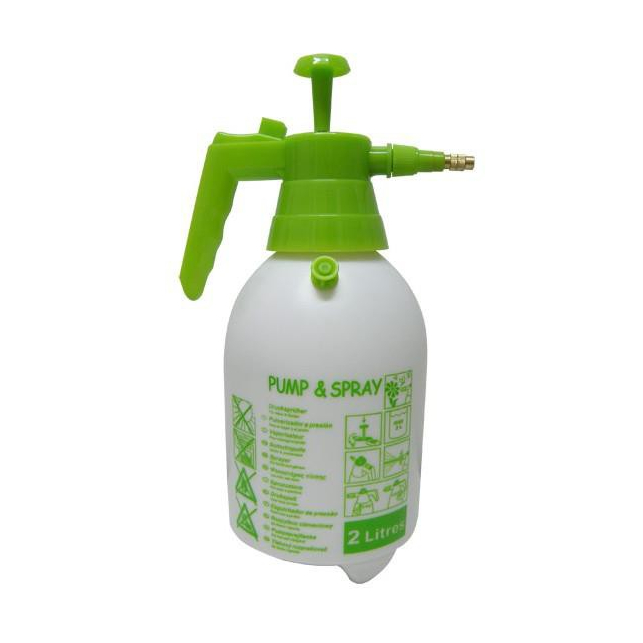
This sprayer to water pressure of 2 liter capacity, makes it easy for you to water and apply fertilizer, pesticides and fungicides on the leaves of your beloved plants…
Easy to use
2 litre capacity
You can set the type of spraying
Periodic cleaning of the nozzle
Practical tool
For the correct and effective of potassium soap application we will use spraying and fumigation stuff with a fine nozzle to facilitate the impregnation of the product. We must spray thoroughly on the plant by carefully wetting it and placing a lot of emphasis on the bottom of the leaves (the underside), as this is where most attacks on the plant occur.
You can make one or two sprays a week using 20 grams of soap per liter of distilled water, either for cleaning or to apply another additional product.
With potassium soap we can control various pests such as whitefly, red spider mite or any other insect, reinforcing its effectiveness using it in combination with its insecticide or fungicide specific for the pest in question.
Soap causes these products to be absorbed more effectively into plants, so that our plants do not repel water that soaks the waxy layer of leaves, thus, leaves can absorb these treatments more easily.
To achieve greater effectiveness against various insects or mites, it is highly recommended to use it in combination with neem oil.
Properties of potassium soap
You already know some of the main properties.
A good way to redefine it is with the name of “Surfactant Agent”, that is, the ability of soap to dissolve fatty substances in water. This is why it acts by contact on the insect, destabilizing its external tissues by solubility with soap.
Its cleaning action is also a consequence of this property, as it cleans leaves and stems when sprayed directly, as well as cleaning the growing space using a good potassium soap.
That’s why we say that potassium soap helps us as a preventive and pest control system, although by contact, we must take into account that it is much more effective if we help with a more specific anti-pest product.
Neem oil vs Potassium soap
Although in other posts we will talk more deeply about Neem Oil, we can tell you that this product is very different to potassium soap.
To begin with, Neem does not act by external contact, but the insect ingests Neem and it stops feeding. The proliferation of the pest eventually comes to a halt because the insect first stops reproducing and gradually disappears.
Neem oil is a great complement, and is already considered as a phytosanitary, which although it comes from a natural source, its richness in Azadiractin active principle does not make it particularly harmless, having to consider certain cautions in its uses and applications. This is the main difference with potassium soap.
Don’t miss our post “How to Use Neem Oil in Marijuana Growing”
You may also be interested in:
– Biological techniques for control pests in your marijuana plants
Conclusion
We hope you liked our post and have completed the information so that you are aware of everything you should know about potassium soap.
Don’t forget to share your pest control experiences with us and with the rest of the cannabic community as well.…
…Which keeps growing thanks to you!
See you in the next post!✍ ?

